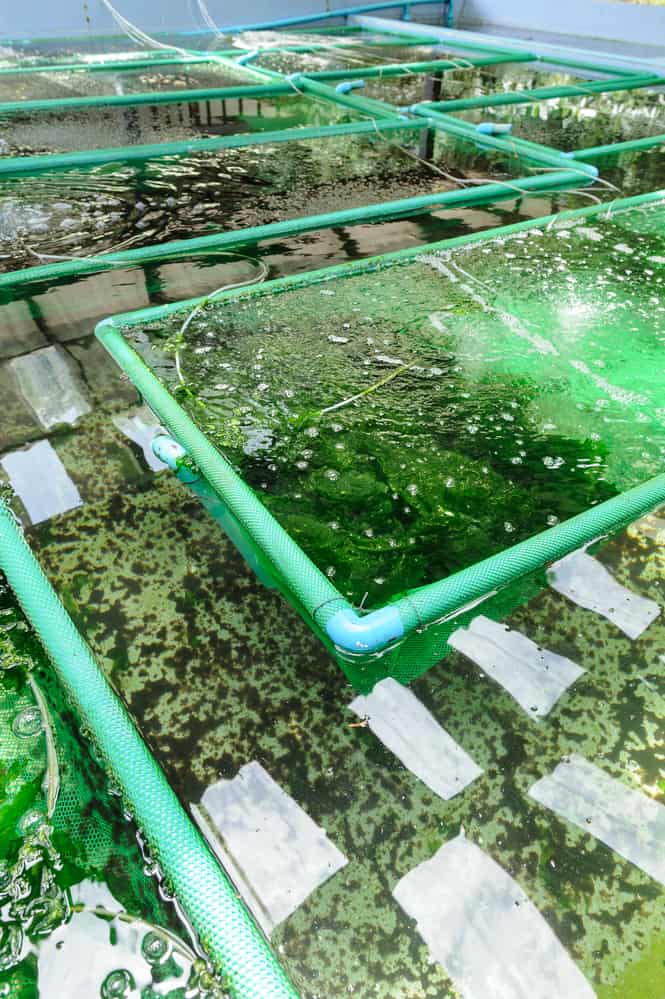All around the world, businesses and societies are striving for sustainable development and production including manufacturing of such wide-spread material as plastic. In Indonesia, which is the world’s No. 2 producer of seaweed, the government and start-ups eye seaweed farming as a sustainable tool to produce plastic, create new workplaces and enhance economic performance of many regions in the country. Seaweed production in Indonesia increases approximately 30% a year making it a quick developing business.
What’s more, plastic is one of the causes of catastrophic marine waste, which is why biodegradable plastic made of seaweed can tremendously improve the region’s ecosystem. Additionally, large-scale cultivation of seaweed (which grows 60 times faster than land plants) is a great carbon sink.
According to a researcher Bakti Berlyanto Sedayu, who worked at institutes under the Indonesian Ministry of Marine Affairs and Fisheries, seaweed is a far more sustainable alternative to most bioplastic produced in the world from corn, sugarcane, cassava etc. because land-based plastic requires investment in land, pesticides, fertilizers.
Bioplastic is a great business for start-ups: there are many firms in Indonesia that produce edible cups, shopping bags, drink straws and other plastic goods. Increasing attention and fast development take down the costs of production. The farms are also perfect for ecotourism flourishing in Indonesia.
However, general production of seaweed in Indonesia seems to be based on most simple bioreactors. The experts of the AEU club have an expertise in so-called photobioreactors, which is a perfect technology for large-scale production of seaweed and simultaneous treating wastewater and other water sources. Dr. Nataliya Shchegolkova specializes in such photobioreactors and their application for power generation and water treatment.

